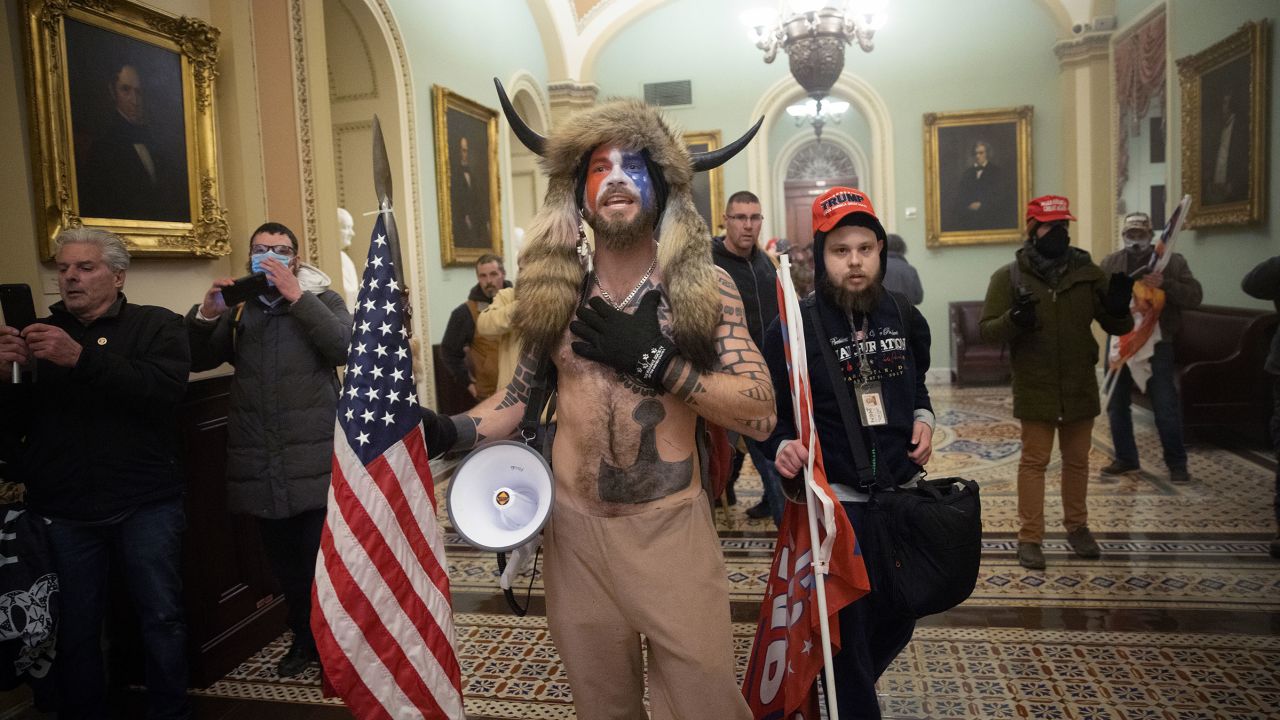The Supreme Court on Friday limited the power of prosecutors to pursue obstruction charges against those who?rioted at the US Capitol on January 6, 2021, narrowing a law that could have tacked years onto the sentences of?hundreds of defendants.
The decision also has implications for former President Donald Trump, who was charged with the same crime — though that impact appears to be more limited than some initially predicted.?
Here are some key takeaways from the decision:
Charges against Trump are likely not affected: Even before the court’s decision was handed down Friday, Special Counsel Jack Smith made clear that the obstruction charges against Capitol rioters were based on different circumstances than the obstruction charge involved in Trump’s federal election interference case.
Smith has argued in court filings that the indictment’s allegations against Trump, particularly regarding the fraudulent electors plot, represent a far more sweeping case.
The Supreme Court’s opinion did not address the fake electors scheme specifically. But Chief Justice John Roberts, writing for the majority, nodded to the possibility that the obstruction statute would be violated “by creating false evidence – rather than altering incriminating evidence.”
The likely best-case scenario, an adviser to Trump’s legal team told CNN, is that the new ruling weakens the obstruction charges against Trump, rather than prompting the charge to be dismissed.
Trump celebrates anyway and looks to immunity ruling: Politically, though, the former president — who has frequently sought to undercut the criminal justice system — appeared eager to frame the decision as a major loss for the Justice Department.
Trump called the decision a “BIG WIN!” on social media.
What is far more important for Trump is the Supreme Court’s pending decision on his argument for sweeping immunity on charges for his efforts to overturn the 2020 election. That decision is expected to land Monday.
Hundreds of other charges are pending: The opinion gives the Justice Department room to refile cases against at least some rioters accused of obstruction because it will continue to allow them to prosecute in situations in which people attempted to impact “documents” and “other things” used in an official proceeding.
Approximately 249 cases involving the obstruction charge are pending – and in every one of those cases, the defendant faces other charges, including felonies and misdemeanors. About 52 people were convicted and sentenced with the obstruction charge as their only felony. Of those, 27 people are currently incarcerated, according to prosecutors.
Jackson joins with the court’s conservatives, Barrett with the liberals: The Supreme Court’s decision in Fischer v. US was 6-3, but the vote didn’t break entirely along traditional ideological lines. Instead, liberal Justice Ketanji Brown Jackson sided with Roberts, while conservative Justice Amy Coney Barrett wrote an opinion joined by two liberals.
Read a full breakdown of the Supreme Court’s January 6 ruling.











